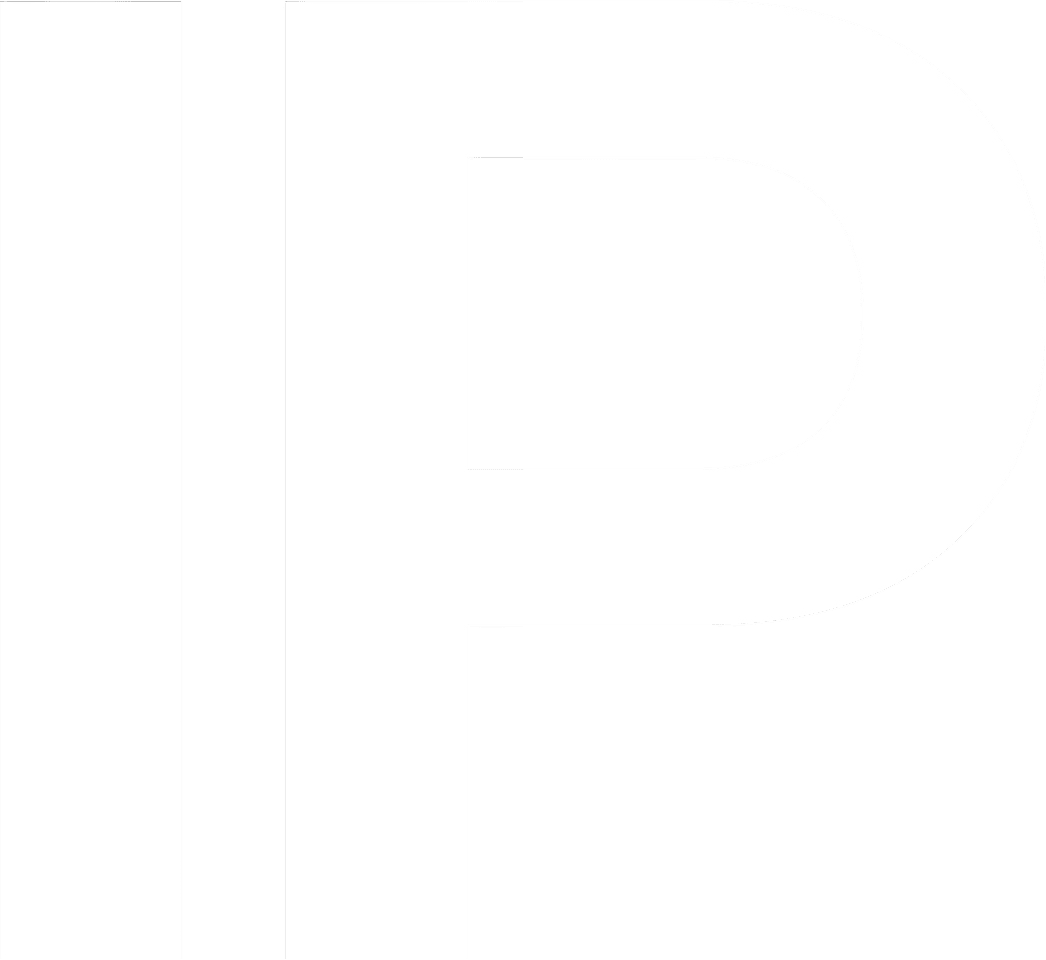
Introduction
Copyright law plays a crucial role in regulating the distribution and protection of creative works, but its impact is not uniform across the world. In the Global South, the challenges posed by copyright law are particularly significant, often hindering access to knowledge and limiting opportunities for development. The high costs of copyrighted educational and research materials, combined with the dominance of large corporate players, have created a divide that leaves many communities in the Global South struggling to access critical resources. At the same time, international agreements like the TRIPS Agreement and the Berne Convention, while providing a global framework for copyright protection, often fail to address the unique needs and challenges faced by developing nations. This article explores the challenges of copyright law in the Global South, the role of international agreements, and strategies to bridge the knowledge divide, with a particular focus on the transformative potential of initiatives like the Marrakesh Treaty, the WIPO Development Agenda, and landmark cases like the Delhi University Photocopy Case.
Access to Knowledge
For many developing countries, access to educational and research materials remains an uphill battle. The high costs of copyrighted academic journals, textbooks, and other resources—largely produced in the Global North—create a glaring divide in global knowledge equity. These financial barriers hinder students and researchers in resource-constrained settings, leaving them struggling to compete on an equal footing with their wealthier counterparts. The Delhi University Photocopy Case underscores these challenges. In this case, publishers like Oxford University Press, Cambridge University Press, and Taylor & Francis sued a photocopy shop licensed by Delhi University for producing course packs for students. The course packs included excerpts from textbooks that were otherwise unaffordable for most students. The Delhi High Court ultimately ruled in favour of the photocopy shop, emphasizing that educational institutions and their stakeholders must have access to affordable learning materials. This case set a precedent for interpreting copyright law in a manner that prioritizes public interest and educational equity, showcasing how localized solutions can bridge the knowledge divide.
Corporate Giants and Knowledge Restriction
The dominance of large publishing houses and media companies often deepens this divide. These entities leverage copyright laws to maintain strict control over content distribution, frequently prioritizing profit over public interest. For underprivileged communities in the Global South, this translates into limited access to affordable learning materials, perpetuating educational inequities and stifling local innovation. The Delhi University Photocopy Case serves as a reminder of how corporate control over copyright can clash with the right to education. The case highlighted the tension between profit-driven copyright enforcement and the needs of resource-strapped educational institutions in developing countries.
Role of International Agreements
- TRIPS Agreement (Trade-Related Aspects of Intellectual Property Rights):
The TRIPS Agreement establishes a global baseline for copyright protection. While it allows for exceptions and limitations, such as fair use and compulsory licensing, developing nations often face intense pressure to adopt stricter enforcement measures. This dynamic undermines their ability to fully utilize flexibilities that are critical for addressing public interest concerns, such as ensuring access to affordable educational resources. - Berne Convention: The Berne Convention, a cornerstone of international copyright law, requires universal protection without formalities. However, its framework offers little room for localized adaptations that reflect the unique socio-economic realities of the Global South, making it challenging for developing nations to strike a balance between protection and accessibility.
- Marrakesh Treaty and its Implementation in India: Amidst these challenges, the Marrakesh Treaty emerges as a beacon of inclusivity. Aimed at improving access to copyrighted works for persons with visual impairments and other print disabilities, this treaty reflects a shift toward balancing copyright protection with human rights. India, a key signatory, has been at the forefront of implementing its provisions. By amending the Indian Copyright Act, the country has enabled the creation of accessible formats without requiring prior consent from copyright holders. This not only exemplifies India’s commitment to accessibility but also highlights how international agreements can align with developmental priorities.
- WIPO Development Agenda: The WIPO Development Agenda underscores the need to integrate socio-economic and cultural development into intellectual property policies. By advocating for inclusive approaches, it seeks to ensure that copyright frameworks serve as tools for empowerment rather than barriers to progress.
Balancing International Standards and Local Needs while international agreements strive for harmonization, they must also recognize the disparities between developed and developing nations. Incorporating broader exceptions for education and public interest within these frameworks is essential to empower the Global South to use copyright laws as instruments for equitable development.
Strategies to Bridge the Knowledge Divide
- Localized Copyright Policies: Crafting copyright laws that reflect the economic and cultural contexts of developing nations is imperative. Fair use provisions and educational exceptions are vital to ensure that knowledge remains accessible to all. Cases like the Delhi University Photocopy Case highlight the importance of such localized interpretations to meet developmental needs.
- Promoting Open Access: Open-access initiatives can revolutionize the dissemination of knowledge, reducing reliance on expensive copyrighted materials. By fostering global collaboration, these models democratize learning and innovation.
- Advocacy for Equitable Copyright Policies: Developing countries must continue to push for international copyright frameworks that address their unique challenges. Ensuring that intellectual property laws support rather than hinder development is critical for bridging the global knowledge divide.
Conclusion
The challenges posed by copyright law in the Global South underscore the need for a paradigm shift—one that prioritizes access, equity, and public welfare over rigid enforcement. International agreements like the Marrakesh Treaty and landmark cases like the Delhi University Photocopy Case demonstrate how copyright frameworks can evolve to address the realities of developing nations. By integrating inclusive policies at both national and global levels, copyright law can transform into a catalyst for empowerment. Bridging the knowledge divide demands a concerted effort to align legal frameworks with the developmental aspirations of underprivileged communities, ensuring a future where education and innovation thrive unimpeded by financial or structural barriers.
Written by Debapom, an Assessment intern at Intepat IP.
